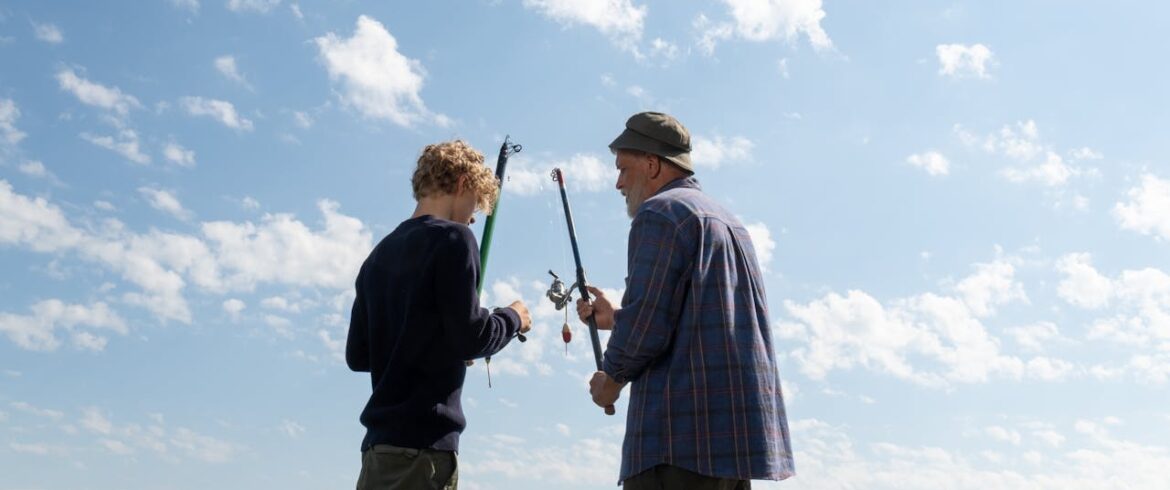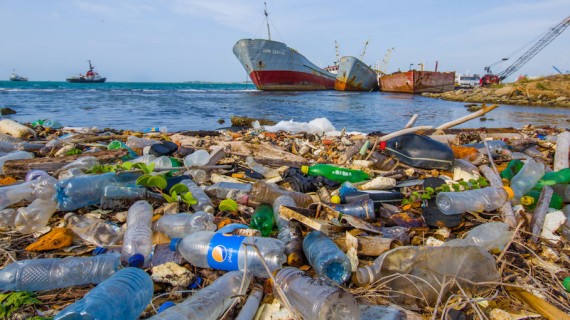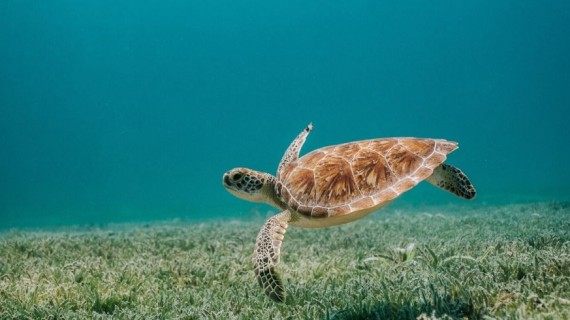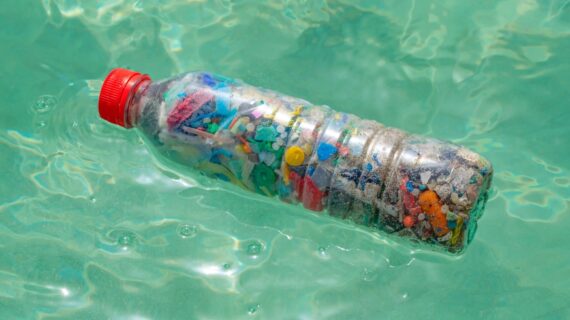Fellow Anglers, as we embark on our next epic fishing adventure, there’s a crucial conversation we need to have with each other, and it’s about the importance of sustainable fishing practices.
Whether you’re a salty veteran or a newbie looking forward to your first spinning rod and using a fishing app for the first time, fishing responsibly is key to ensuring our favorite sport stays around for generations to come.
Defining Sustainable Fishing and Its Significance
Sustainable fisheries, at its core, is about striking a delicate balance between harvesting fish for recreational or commercial purposes and preserving the long-term health of the aquatic ecosystems around us.
It’s a holistic approach: understanding the complex web of life in our oceans, lakes, and rivers and the role we play in maintaining it.
And why is sustainability important, you ask? Well, my team of fishing fanatics, it’s simple: without healthy fish populations, without ever-thriving habitat, our favorite pastime will become nothing.
By adopting sustainability practices, we are not only securing our future but also protecting the natural wonders that fascinate us from the moment we cast a line into the water.
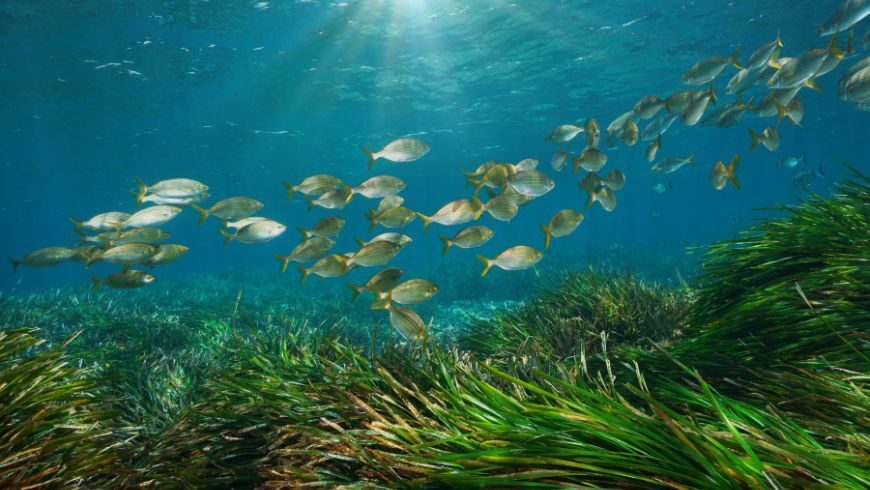
Strategies for Sustainable Fishing
So how can sustainable development be put into practice?
Well, it all starts with a multi-stakeholder approach that involves everyone from policy makers to individual anglers. Let’s break it down:
- Fisheries Management: Governments and regulators play a critical role in setting science-based catch limits, monitoring fish populations, and implementing measures such as season closures and protected areas. These measures help ensure that our favorite species replenish and thrive.
- Technology and Innovation: Innovations in fishing gear and methods allow us to harvest our target fish species with minimal bycatch and environmental impact. In fact, technology is on our side, from circle hooks that reduce injury to caught fish to fishing apps like Fishbox that help anglers focus on their goals.
- Education and Outreach: At the end of the day, it is the anglers themselves who can make a difference. By disseminating information and promoting best practices such as catch-and-release, respect for spawning grounds and cleaning up fishing grounds, we can create a culture of responsible management that will be passed down from generation to generation.
The Benefits of Sustainable Fishing
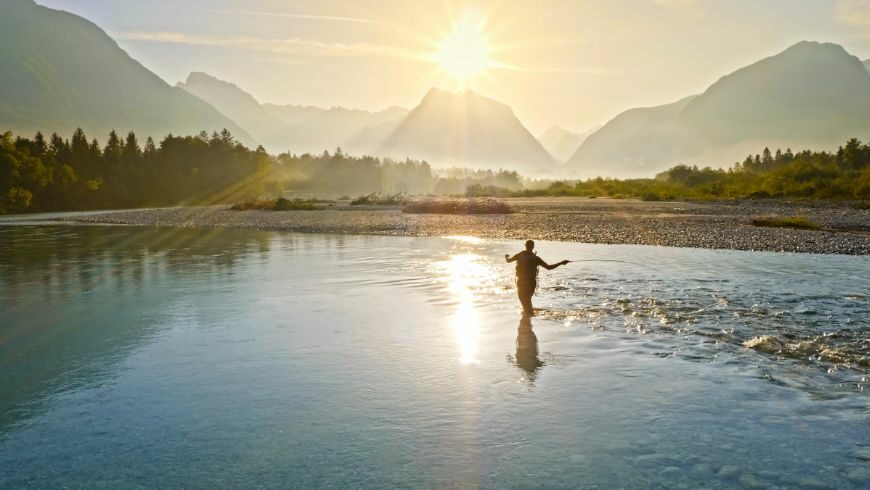
Embracing sustainable fishing practices doesn’t just benefit the fish and their habitats – it’s a win-win scenario that resonates on multiple fronts:
- Economic Benefits: Ensuring healthy fish populations ensures that recreational fishing and the commercial industry will be viable in the long term. Recreational fishing generates huge profits in the billions, boosts local economies, and supports countless jobs and communities.
- Environmental Benefits: All of these practices help maintain biodiversity and keep the ecosystem healthy, which means maintaining the complex web of life that supports fish and the countless other life forms that depend on this aquatic environment.
- Social Benefit: Fishing brings social benefits to many communities. It is not just a leisure activity; it is a way of life. It has cultural traditions that are passed on from generation to generation. In doing so, we are preserving a rich cultural heritage such as the preservation of fish populations for future generations.
Balance Between Nature Conservation and Recreation
As anglers who are passionate about the sport, we know the thrill of the sudden pull of the line and then the adrenaline rush as the fight for freedom with big fish begins.
But we are human enough to recognize the importance of conservation and ways to make sure this expensive sport is not at the cost of depleting fish populations and their natural habitat.
Achieving this balance requires open and honest dialog, a willingness to adapt, and a shared commitment to responsible fishing.
This means respecting catch limits, following regulations, and using methods such as catch-and-release when appropriate.
It also means being ambassadors for our sport, educating fellow anglers and the public about the importance of sustainability, and leading by example.
Conclusion
After all, sustainable fishing is not just a word, but a way of life, a commitment to ensuring that the waters we love remain teeming with life for future generations.
Whether it’s responsible fishing, tools like Fishbox and innovative gear, or working in one great community, it’s in our power to walk the line between conservation and recreation.
So, fellow anglers, let’s raise our rods together and vow to be stewards of the waters that have captured our hearts and souls.
Only through our collective efforts can we ensure the future of our favorite sport and the natural wonders that support it.
Cover image: photo by Ron Lach
